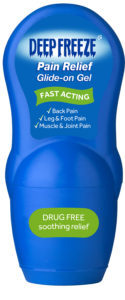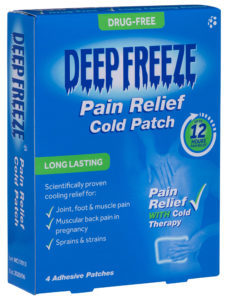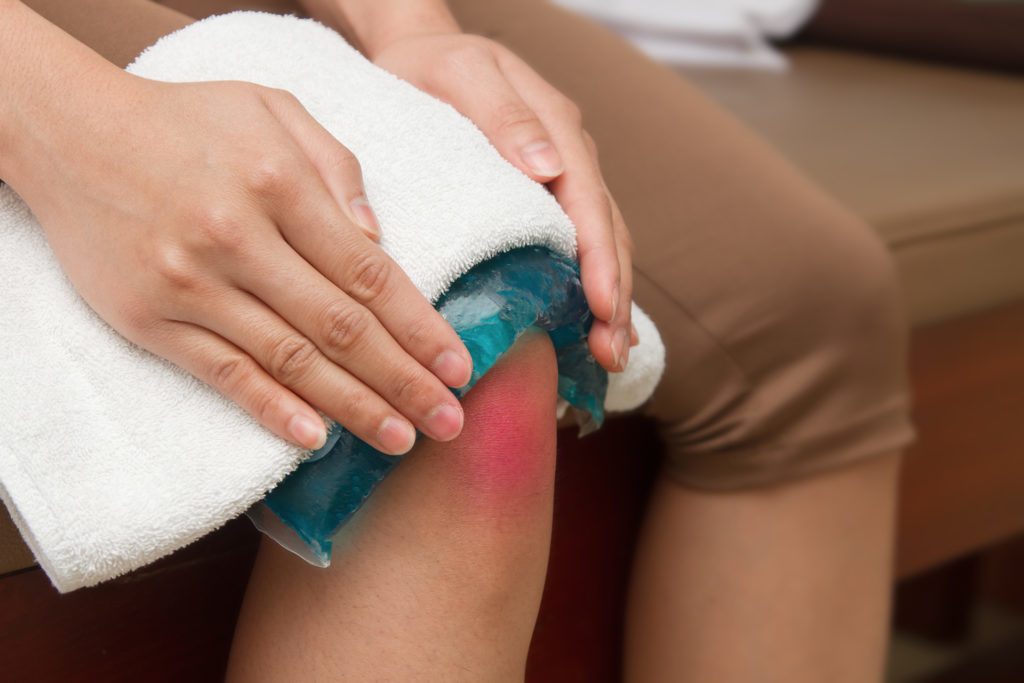Cold Therapy – Could It Help Your Aches And Pains?

Confused about when to use heat therapy and when to use cold therapy to relieve your aches and pains? Here are 6 ways that cold therapy can be used effectively to reduce your pain by Deep Freeze.
Cold therapy:
- First aid. Icing a soft tissue injury within five minutes of its occurrence is by far the most useful (and widely used) application of ice therapy. Bringing down the body temperature at an injury site has the effect of limiting the body’s response. Icing can slow bleeding and swelling under the skin. It can also prevent or control spasms and minimise pain.
- Pain and swelling reduction after surgery. In some cases, applying cold packs over wound sites and stitches can help to relieve discomfort. For example after hernia repair surgery, some patients find relief from brief applications of cold as this reduces swelling and pain.
- Swelling reduction for arthritis. If you have flare-ups of swelling and joint stiffness, studies indicate that applying ice and/or using ice massage can help to reduce swelling and pain. Deep Relief Joint Pain Gel can also be massaged into the joint; it contains a topical NSAID (non-steroidal anti-inflammatory) combined with the cooling relief of levomenthol.

• Fast acting
• Scientifically proven cold therapy
• Easy and convenient to use
• Soothing relief
50g RSP £4.99
Deep Freeze Pain Relief Glide-on Gel
4. Acute lower back pain. If your lower back pain involves inflammation, ice can help to bring down swelling and control pain. Deep Freeze Pain Relief Cold Patch is a great alternative to an ice pack, as it is sleek and can be worn throughout the day concealed under your clothing.

Deep Freeze Pain Relief Cold Patch
•Fast acting, long lasting adhesive patch
•Scientifically proven cold therapy
•Relieves muscular back pain during pregnancy
Single RSP £1.65, Pack of four RSP £5.49
5. Plantar Fasciitis. This condition revolves around injury to the elastic plantar fascia ligament that bridges the arch of your foot from heel to ball. In this condition, small tissue tears and inflammation commonly develop. Ice is used as a vehicle for reducing inflammation and providing relief. Chronic heel pain from plantar fasciitis can be reduced with massage with a spikey massage ball, by simply rolling your foot over the ball with applied pressure. Apply Deep Freeze Pain Relief Cold Gel daily to ease discomfort.
6. Mental Health. Studies suggest that cold therapy could be used as a treatment for depression. It is thought to increase focus, motivation and decrease anxiety and depression. The reason for this is that cold water exposure activates the sympathetic nervous system, increasing blood flow to the brain, and increasing blood levels of endorphins and adrenaline. It also helps calm systemic inflammation, which is strongly linked to depression. Try a blast of cold in the shower – if you can brave the chill! – to boost your mood.





